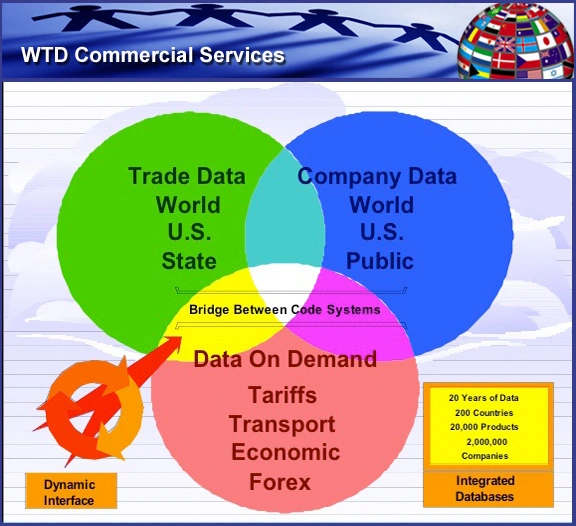“The U.S.-Panama Trade Promotion Agreement will support American jobs, expand markets, and enhance U.S. competitiveness by eliminating tariffs and other barriers to U.S. exports and expanding trade between our two countries.” – Panama Trade Promotion Agreement
With a growth rate of 6.2 percent in 2010 and a similar annual forecast until 2015, Panama is one of the fastest growing economies in Latin America. The U.S. Trade Agreement can result in the liberalization of trade in goods and services where U.S. firms will have better access to Panama’s services sector. With an increased interest and support from the U.S. government for increased trade relations with Panama, Panama may be the next market to break into.
Like many countries in Central America, Catholicism is the dominant religion (80% of the population) and gives society structure, emphasizing reverence and respect for hierarchy—seniority, the elderly, and status. Just because respect for hierarchy is important in this Central American society does not mean that there is no respect for those of lower classes or the youth, in fact Panamanians believe in the inherent worth of every individual and therefore avoid public criticism. Panamanians like to maintain an image of harmony, so while people are not publicly criticized, it does not imply that they are never criticized (out of hearing of others). Though traditional Panamanian society dictates a high respect for the elite, young Panamanians are less sympathetic to many of the privileges awarded to the elite. While Panamanians are followers of strong leaders, the Panamanian youth are not as compliant with the extent of elite privileges.
 There is a large disparity between the wealthy and poor, and while different races and groups exist, there are rigid class distinctions. Los Rabiblancos (whitetails)—the white urban Panamanian elite—hold most of the country’s wealth and are most likely the same people who run the business sector of Panama. Though Spanish is the official language of Panama, the familiarity with U.S. customs has led to the spread of the English language throughout most of the region and certainly anyone you plan on doing business with.
There is a large disparity between the wealthy and poor, and while different races and groups exist, there are rigid class distinctions. Los Rabiblancos (whitetails)—the white urban Panamanian elite—hold most of the country’s wealth and are most likely the same people who run the business sector of Panama. Though Spanish is the official language of Panama, the familiarity with U.S. customs has led to the spread of the English language throughout most of the region and certainly anyone you plan on doing business with.
While Panamanians are open to all sorts of information, they tend to be very subjective and somewhat politicized; for example, if a Panamanian has anti-(U.S.) American views, he or she may reject any information from the United States. Panamanians rely on their gut instincts, and unless educated abroad, will rarely let objective facts stand in the way of their true intentions and desires. Younger Panamanians tend to be more objective. The family is just as important here in Panama as in many other countries in Central America and is the single most important social unit. Decisions are made with the family in mind in this collectivist culture, so when negotiating or pitching ideas, keep in mind that your Panamanian business associates are looking to benefit their family and extended family/families. The family (and extended family) provides stability and protection against a sometimes hostile and more often unpredictable world. These personal relationships, built on mutual trust, are maintained at all costs.


 19/12/2011
19/12/2011 
























































































































































































































































































































































Comments are closed.